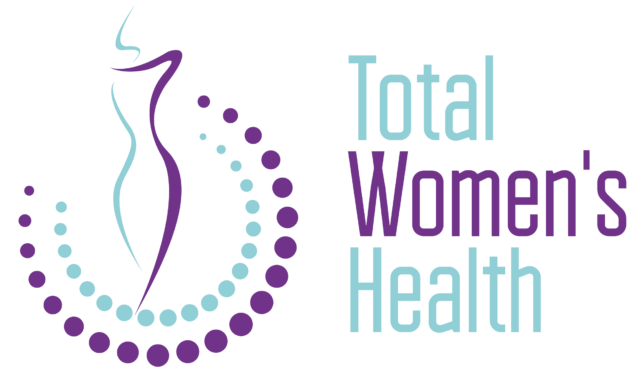A mammogram is the process of taking an x-ray picture of the breast; a mammogram is the X-ray film image itself. Typically, two views of each breast is taken, one from above and one from the side. This way the physician can identify any abnormalities.
Endometriosis is a condition in which the tissue that behaves like the cells lining the uterus (endometrium) grows in other parts of the body causing pain, irregular bleeding and possible infertility.
- Painful periods
- Pain in the lower abdomen or pelvic cramps that can be felt for a week or two before menstruation
- Pain in the lower abdomen during menstruation
- Pain during or following sexual intercourse
- Pain with bowel movements
- Pelvic or low back pain at any time during the menstrual cycle
PMS refers to a wide range of physical or emotional symptoms that typically occur about 5 to 11 days before a woman starts her monthly menstrual cycle.
An exact cause of PMS has not been identified. However, it may be related to social, cultural, biological and psychological factors. There are changes to hormone levels that occur premenstrually that trigger changes in brain chemistry and kidneyl function. These changes are responsible for many of the symptoms of PMS.
PMS is estimated to affect up to 75% of women during their childbearing years.
HPV is a sexually transmitted virus. There are over 100 strains of HPV and it is thought to infect at least 80 percent of the population. About forty strains of HPV can infect the lower genital tract (vulva, vagina and cervix).
Menopause is the transition period in a woman’s life when her ovaries stop producing eggs, her body produces less estrogen and progesterone and menstruation becomes less frequent, eventually stopping altogether.
The symptoms of menopause may start as much as 5-10 years prior to the cessation of periods. This period of time when you can have varied menopausal symptoms as well as changes in your menstrual cycle is called perimenopause.
Hormone therapy (HT) is most often used to treat symptoms of menopause, such as hot flashes, vaginal dryness, mood swings, sleep disorders and decreased sexual desire. HT comes as a pill, patch, injection, pellets or vaginal cream.
Hormone therapy used to be widely regarded as a very safe treatment for menopause. However, several major studies have shown that hormone therapy creates risks for certain medical conditions and problems, including heart disease, stroke and cancer.
The key is to weigh the risks associated with taking hormone therapy against your risk of heart disease or osteoporosis without taking hormone therapy. Every woman is different. You and your doctor should decide whether hormone therapy is right for you.

